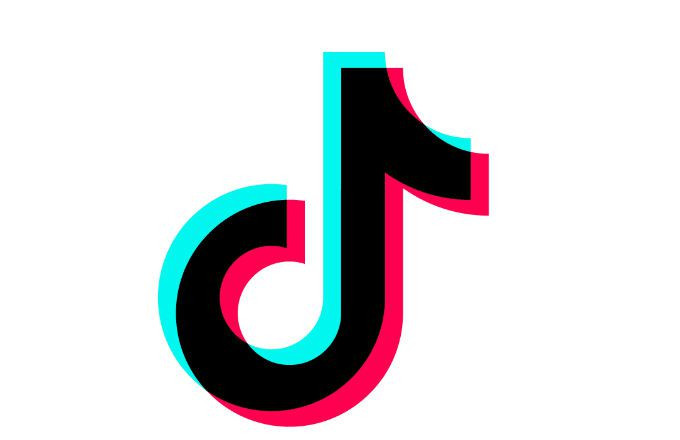
BETWEEN July and August this year, Zimbabweans will vote in a general election to elect a president, legislators, and councillors.
Major political rivals Zanu PF and the Citizens Coalition for Change (CCC) are already whipping up a frenzy as they ready for the country’s eighth edition of general elections since its independence in 1980.
Despite previous victories, Zanu PF’s popularity has been on the wane, while electoral processes and outcomes have increasingly been disputed.
One of the major points of controversy in previous elections has been the use of public media in political campaigning.
Opposition parties complain they cannot access public media, and are negatively portrayed in the little coverage they get from state-controlled Zimbabwean mass media company Zimpapers and the public broadcaster, Zimbabwe Broadcasting Corporation (ZBC).
Against that background, social media has unsurprisingly provided a viable and popular alternative for political communication in Zimbabwe.
In previous elections, Twitter and Facebook were the most popular platforms for actors across the political divide.
In 2017, TikTok entered the fray, before catapulting to fame at the height of the COVID-19 pandemic in 2020.
- Mavhunga puts DeMbare into Chibuku quarterfinals
- Bulls to charge into Zimbabwe gold stocks
- Ndiraya concerned as goals dry up
- Letters: How solar power is transforming African farms
Keep Reading
The social networking platform was not well known, and many had not figured out how to use it by the time of Zimbabwe’s most recent plebiscite in 2018.
In the few years since then, the application has become one of the most downloaded, with wide ramifications in the way people interact online.
Many Zimbabweans use TikTok as a primary source of information, such that statements like 'I TikToked it' have become commonplace, much like 'I Googled it'.
Though conceived primarily as an entertainment-driven application, characterised by jokes, dancing, and mimicry performances, TikTok has shown that this very simplistic disposition makes it an equally potent political communication tool.
It has already proven to be a popular campaign tool in Kenya, Nigeria, and USA’s recent elections.TikTok is especially popular among youths, who constitute the majority of the Zimbabwean population.
However, many of them are not registered to vote, and are indifferent about elections given previous rigging allegations. There are signs that political actors recognise TikTok’s potential, as they have been using the application to mobilise youths to register as voters.
A cursory survey of the application shows that Zimbabwean political actors are already utilising it to campaign, even though Blake Chandlee, TikTok’s vice-president of Global Business Solutions, has been quoted saying: “We will not allow paid ads that promote or oppose a candidate, current leader, political party or group, or issue at the federal, state or local level — including election-related ads, advocacy ads, or issue ads”.
Although their identities could not be independently verified, several Zimbabwean TikTok influencers have already gone into full campaign swing.
Cucs Man (@cucsman), a CCC social media activist, performs various advocacy acts on TikTok, often donning branded party regalia and using jingles that plainly promote Nelson Chamisa, the leader of the party. In many other videos, Cucs Man explicitly attacks Zanu PF.
Chamisa (@nelsonchamisa) himself is on TikTok which, among other things, he uses for optics, often posting videos portraying the jubilation and zeal of the bumper crowds that attend his rallies.
Journalist and political activist Hopewell Chin’ono (@daddyhope02), who is widely viewed as a CCC sympathiser, is also active on TikTok, where he posts messages that are critical of Zanu PF, just as he does on his other social media accounts.
Government spokesperson Ndavaningi Mangwana (@nickmangwana) uses TikTok to promote government programmes, and mobilise support for the incumbent President Emmerson Mnangagwa.
Political commentator Rutendo Matinyarare’s (@rutendomatinyarare) TikTok posts are sympathetic to the ruling party, and sometimes amplify Mnangagwa’s mantra, “Nyika inovakwa nevene vayo” (the country is built by its citizens/owners), and the view that Zimbabwe’s economic and political calamities are the detrimental effects of EU/US sanctions on the country.
The issue of sanctions is hotly contested in Zimbabwe, with those in the opposition saying they are targeted at corrupt and despotic Zanu PF elites, while those aligned to the ruling party see the embargos as detrimental to all Zimbabweans across the political divide.
Emerging patterns of TikTok use for political communication mirror those of Twitter and Facebook use in previous elections.
Cybergladiators have ideologically battled on these platforms for the hearts and minds of the electorate.
Because TikTok’s algorithm easily makes information viral, there are fears it might be a channel of misinformation and hate speech in charged atmospheres such as election times in Zimbabwe.
TikTok videos are easily spread across platforms due to their shareability. This means even those people in remote parts of the country, where connectivity is poor, can receive TikTok videos via the popular WhatsApp messaging platform.
As TikTok relies heavily on visual modes of communication, literacy is not an important factor in deciphering messages.
Although TikTok prohibits political advertising, some of its seemingly trivial performances employ political satire and attack advertising, sometimes revolving around a disinformation logic.
TikTok’s focus on creative expression can easily be circumvented by political masquerades. There is also the possibility that brands promoted on the application align with and implicitly endorse particular political affiliations.
Zimbabwe’s political actors, who seem already aware of the positive spinoffs of TikTok engagement, must also be wary of its darker side, and should use it in ways that enrich rather than hinder democratic processes.
This article was taken from EWN
Oswelled Ureke is a senior lecturer in the Department of Communication and Media, School of Communication at the University of Johannesburg, South Africa. He writes in his personal capacity.






